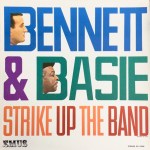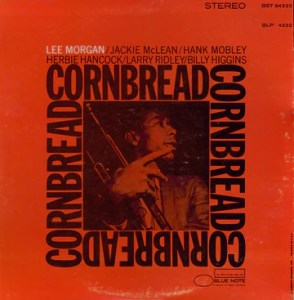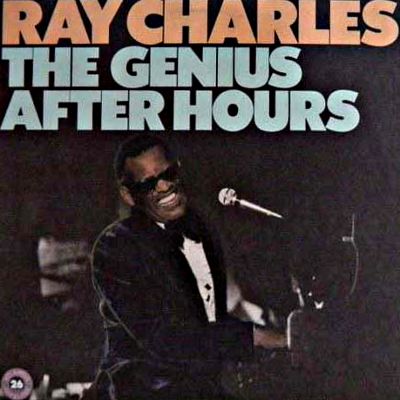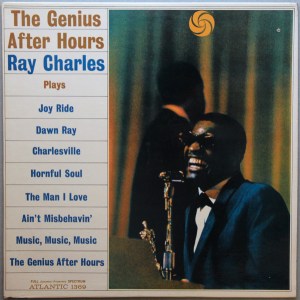 Improving Your Critical Listening Skills
Improving Your Critical Listening Skills
I should know. I was a one-man band working 60 to 80 hours a week with very little help until about 2000. I had someone cleaning records and packing and shipping, but everything else was on me. It was a lot.
In order to evaluate the qualities of the titles I was selling back then, whether on Heavy Vinyl or thin, imported or domestic, original or reissue, the process was the same.
I would play the record, and I would listen for the qualities that were most important to me, qualities you might say were of a “make it or break it” nature.
I mostly wanted to know if the record in question was:
- Tonally correct.
- Big enough.
- Clear enough.
- Balanced from top to bottom.
- Energetic.
- Present in the midrange.
- Not bass shy.
- Not rolled off up top.
- Not compressed.
- And, finally, whether it would appeal to a wide audience
If I had other pressings of the same title to audition, which sometimes I did not, I would play those to see how they compared.
For some records this was not easy. Just to cite one example, for many of the Speakers Corners Decca classical pressings, I simply had no especially good pressings to play against them. I might have some Londons and some Stereo Treasurys I could throw on, but good sounding, brand new Heavy Vinyl pressings on quiet German vinyl for $35 each did not warrant a big shootout back in those days.
And of course the stereo I had back then (all tube, richer, darker and less revealing) set a low bar, one that was a great deal easier to get over than the ruthlessly revealing stereo we use now. (More on that subject here.)
I had someone cleaning records for me, sure, but to take the time to clean and play a pile of classical pressings was simply not a good use of my time. I would approve of the sound, something along the lines of “good” to “great,” and then write a short review for the next catalog I would put out.
Many of the records that passed our tests don’t sound all that good to me now. We clearly had a lot to learn.
And we had no other option but to understand records and audio at a higher level because the success of the business depended on it. There was just too much money on the line at the prices we needed to charge. We were forced to deliver a clearly superior product or the discipline of the market would come down on our heads and put an end to our crazy experiment in “Hot Stampers.”
Lack of Resources
When you operate as a one-man band, you simply do not have the resources to clean and play enough copies of a given album to make accurate judgments about their sound.
Everybody makes mistakes, but small sample sizes increase the frequency of mistakes by orders of magnitude, especially a sample size as small as one. More on that here.
No Resources Needed
The current crop of audiophile reviewers appears to be speaking to those who are already by and large satisfied with the Heavy Vinyl pressings being made today.
The reviews they do are easily carried out by those with an obvious aversion to the serious, disciplined, intense work it would take to do them properly.
They get one of these new records in, they give it a spin and they tell everybody how great it is. The advertisers like it, their readers like it, the labels like it, and everybody is happy as a clam.
When troublemakers like us come along, we upset that one-hand-washes-the-other arrangement, and before long everybody gets real upset real fast. Nobody wants that. They want to keep selling Heavy Vinyl because that is what can be produced, in volume, at a reasonable cost, then advertised and distributed easily and, most importantly, priced affordably.
Win win win win win. So much winning!
If you want something better sounding, from us, it will most likely cost you a pretty penny. It will be every bit as good as we say it is , but it will not be cheap and it will rarely be collectible.
Collecting for the Sake of Collecting
It appears as though the vast majority of record loving audiophiles really like collecting records. If I had to guess, I would venture it’s at least 95% and probably more. The five per cent that do not fall into that category are unlikely to want to spend their life savings on our pricey, not-especially-collectible pressings. Our records have no resale value. All their value is tied up in their sound.
That leaves our potential pool of customers at less than one per cent of all the record-loving audiophiles who want better sound and can afford it. Subtract the number of them who don’t like me personally — seems like a lot! — and you have a fairly small cohort of customers from which to draw.
Thankfully, it is big enough to keep our business going and food on the table for the ten dedicated. music-loving men and women who supply the world with Hot Stamper pressings. Nobody is getting rich, even at these prices, but we’re making a living and providing a service which people really appreciate, or at least that’s what they tell us.
(more…)

 More of the Music of Tony Bennett
More of the Music of Tony Bennett


 It sounds like a very high quality mono jazz record from the 50s or 60s.
It sounds like a very high quality mono jazz record from the 50s or 60s. 



